Philippsreut - Chapel Tusset
HUSSITE WARS, JAN HUS, PETER KAPPLER, RAIDS, BORDER TOWNS, SAFEGUARDING
War-like times on the "Goldsteig Trail"
Imagine travelling on the "Goldsteig Trail" (Winterberg Trail) through the dense Nordwald forest in the 14th century. For many years, the trade between Passau and Bohemia has flourished. Due to the so-called late-medival agricultural crisis the conditions of living deteriorated as a consequence of plague epidemics and climatic changes. In addition to that, this epoch was influenced by many disputes and raids under the prevailing princes. Due to the assassination of the preacher Jan Hus, the feuds in the region escalated, bringing the trade on the "Goldsteig Trail" almost to an halt. By the end of May 1470, three villages from the Wolfenstein Area of Peter Kappler and his troup of soldiers were plundered and pillaged. Along with the end of the Hussite Wars in 1436, the end of the feuds between the Prince Bishop of Passau and Bohemia, the situation gradually calmed. In the 16th and 17th century, the hauling trade flourished again and many villages formed: Herzogsreut in 1618, Philippsreut in 1692 and Bischofsreut in 1705.
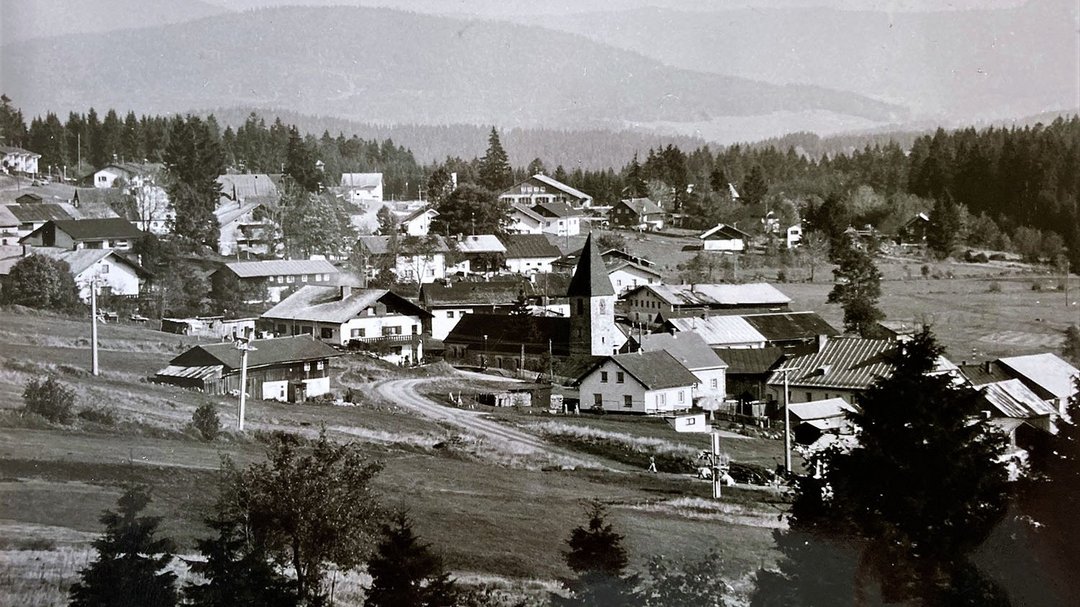
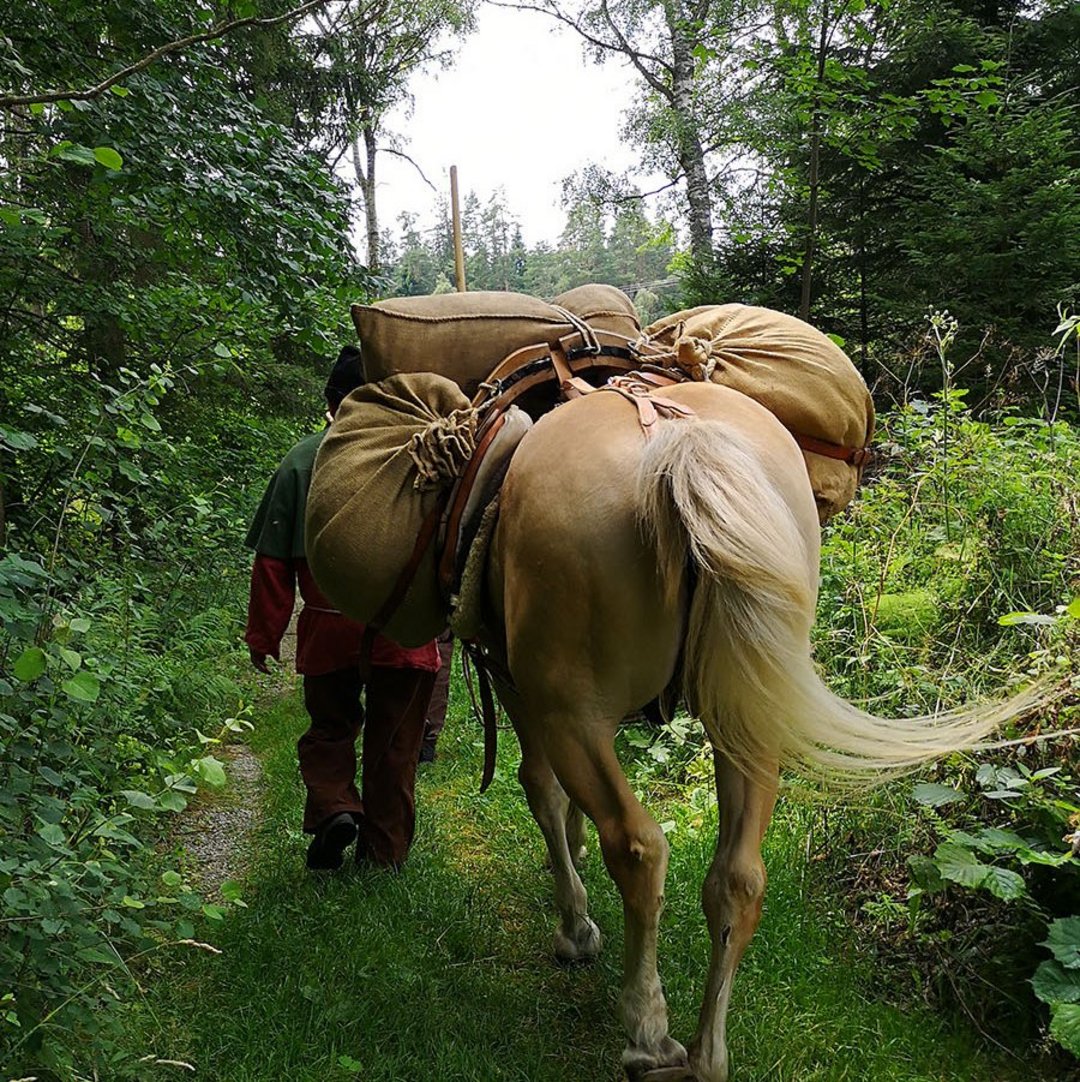
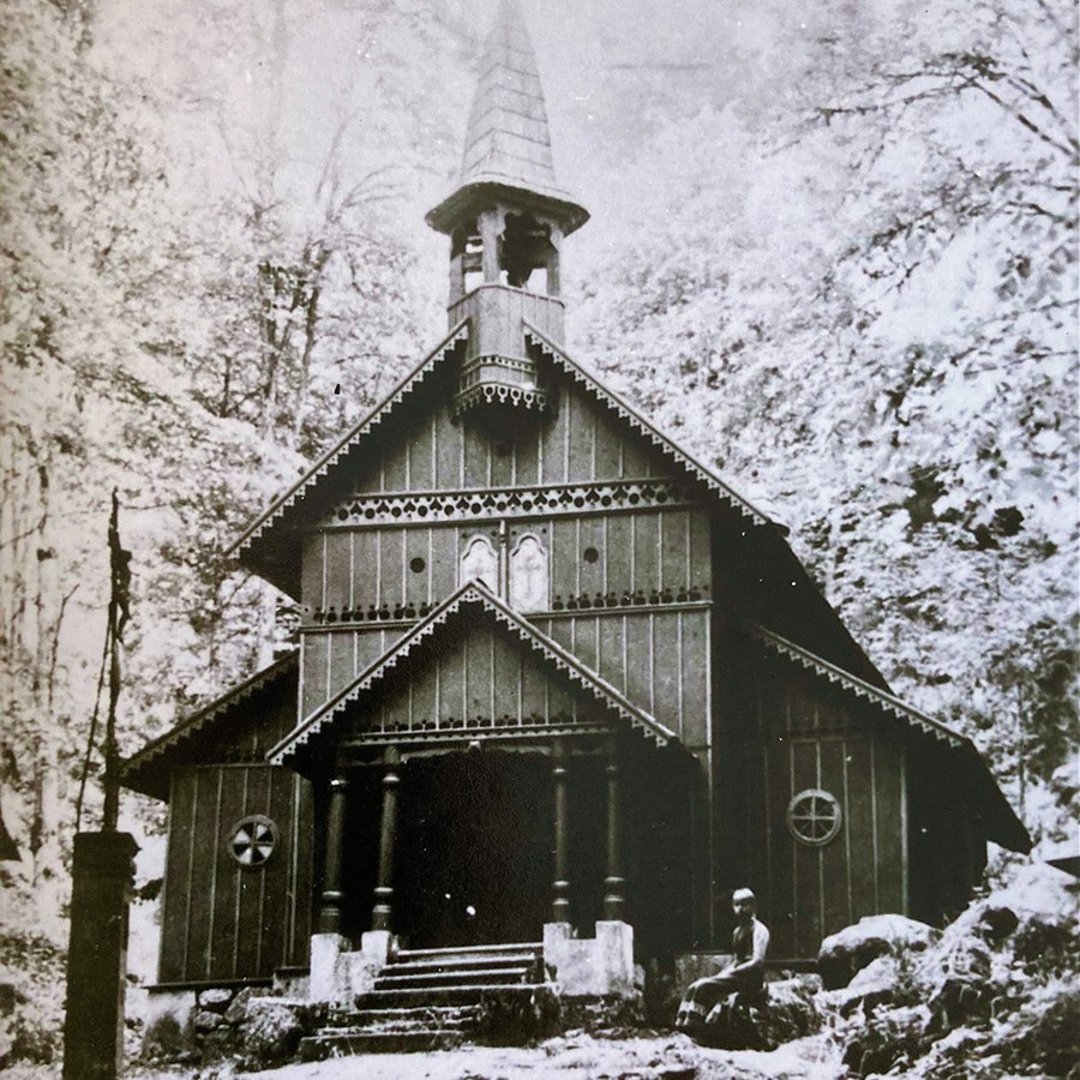
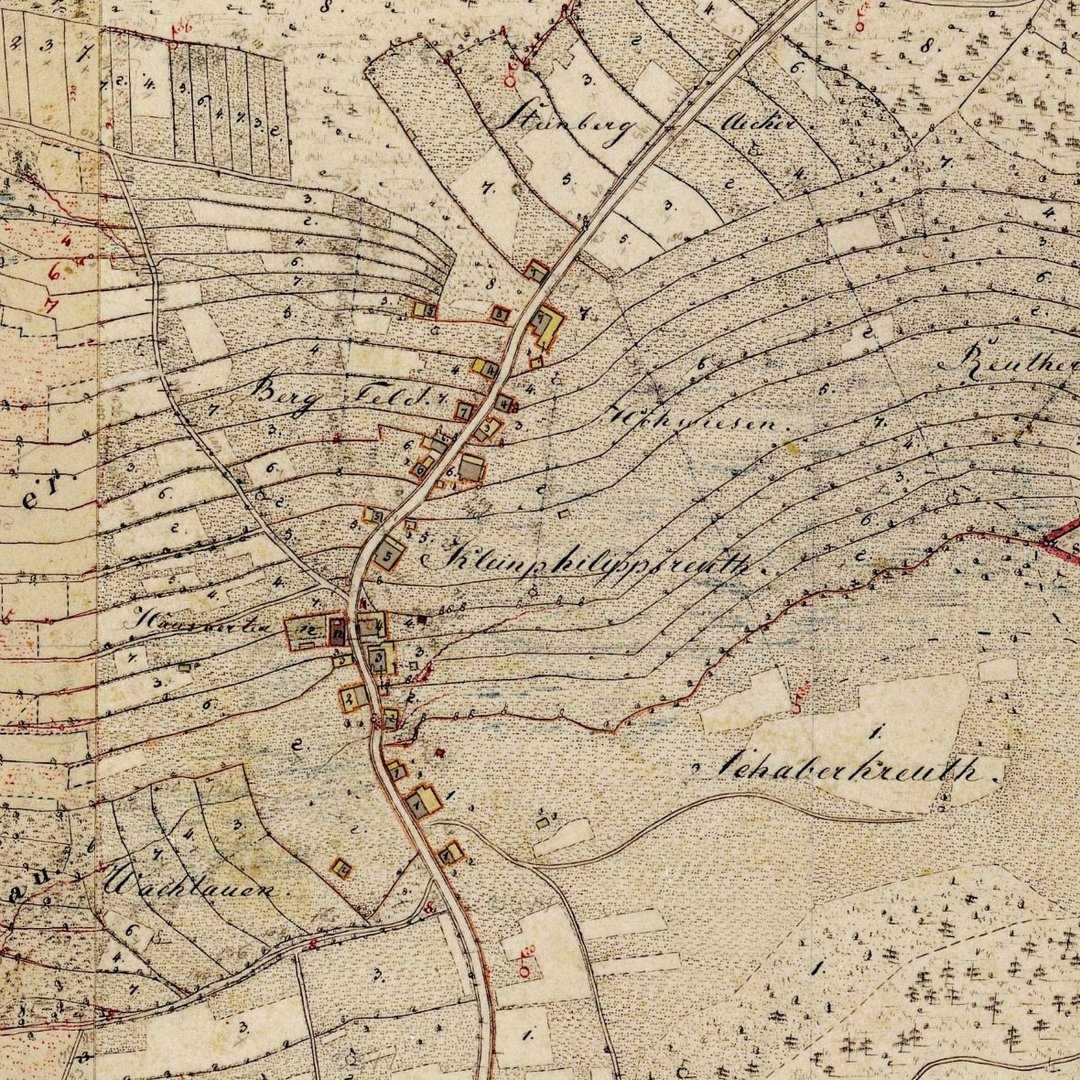
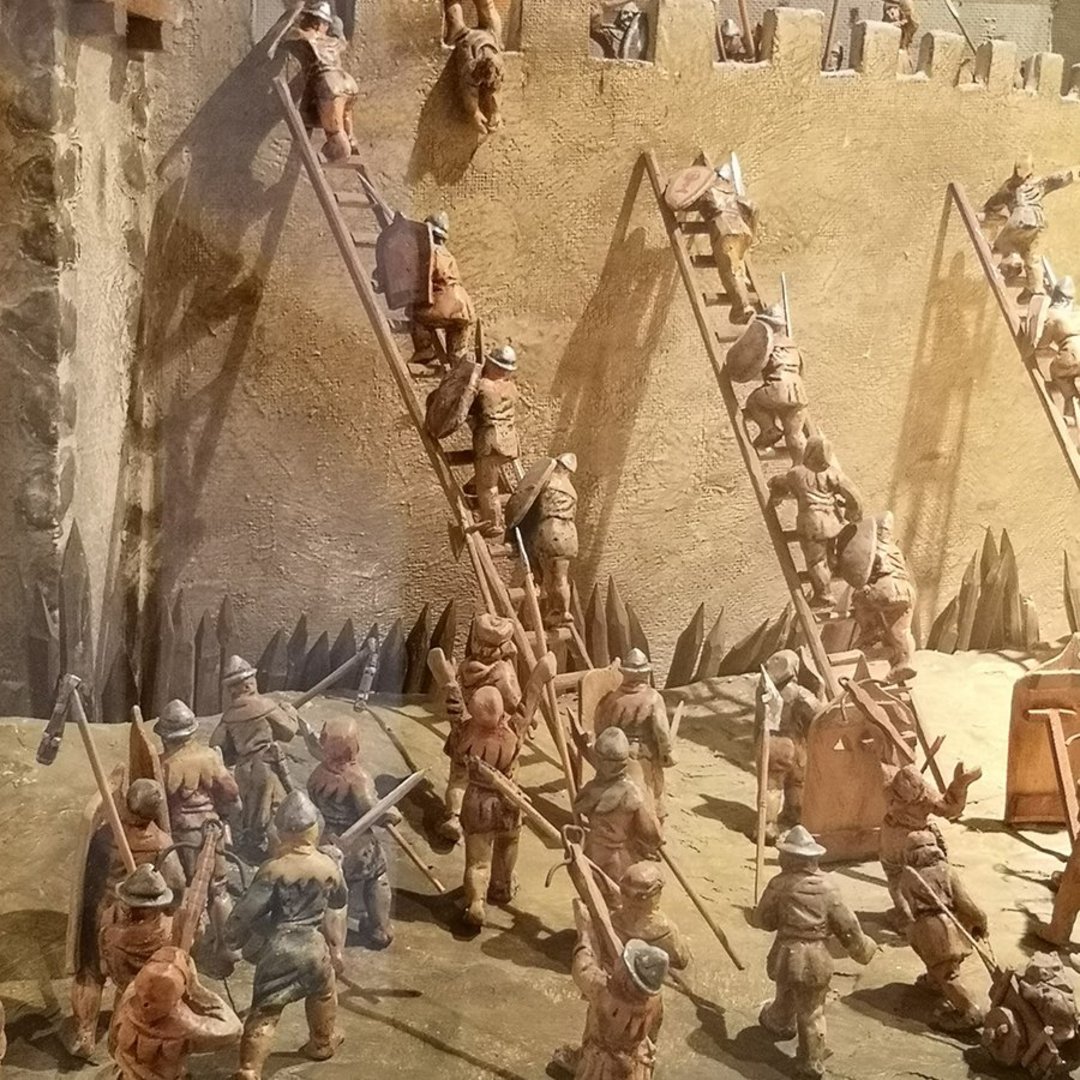
Hussite Wars
- Burning the theologist and reformer Jan Hus marked the starting point.
- In consequence of these disputes, the Hussite Wars broke out in 1419, lasting until 1434.
- First Defenestrations of Prague on 30 July, 1419.
- The Hussite conquered several towns, including Prachatitz, followed by five crusades, unsuccessful for the imperial-Catholic army.
- On 5 July 1419, the Hussite made peace on the national assembly of Iglau.